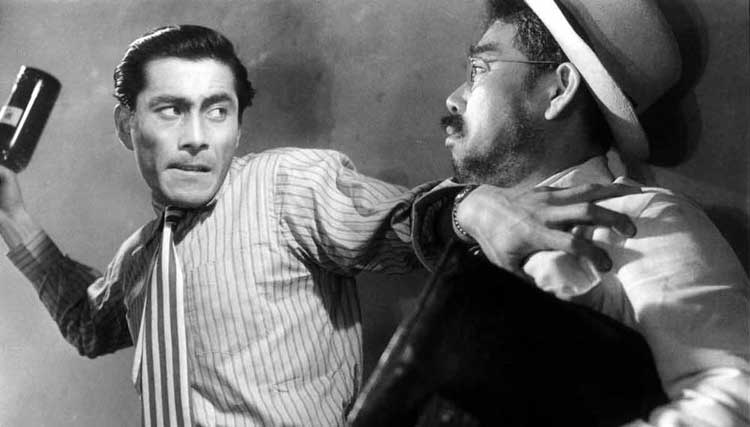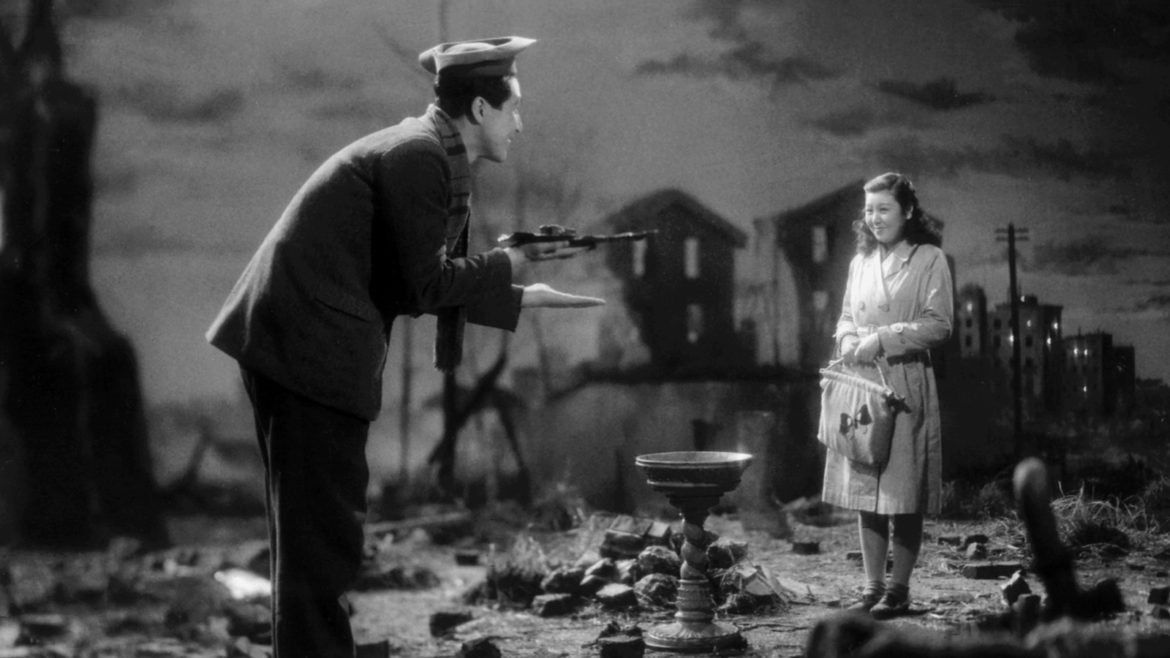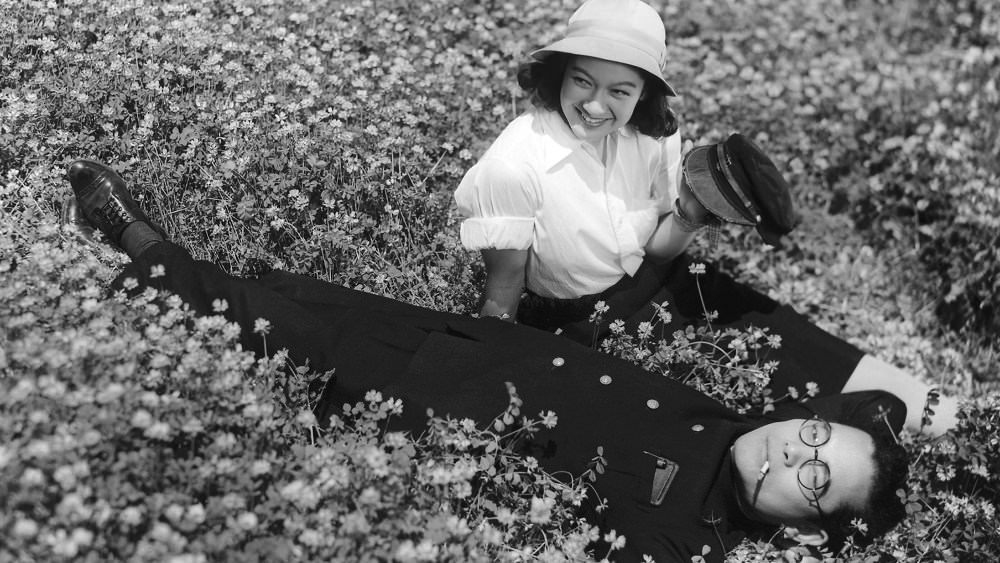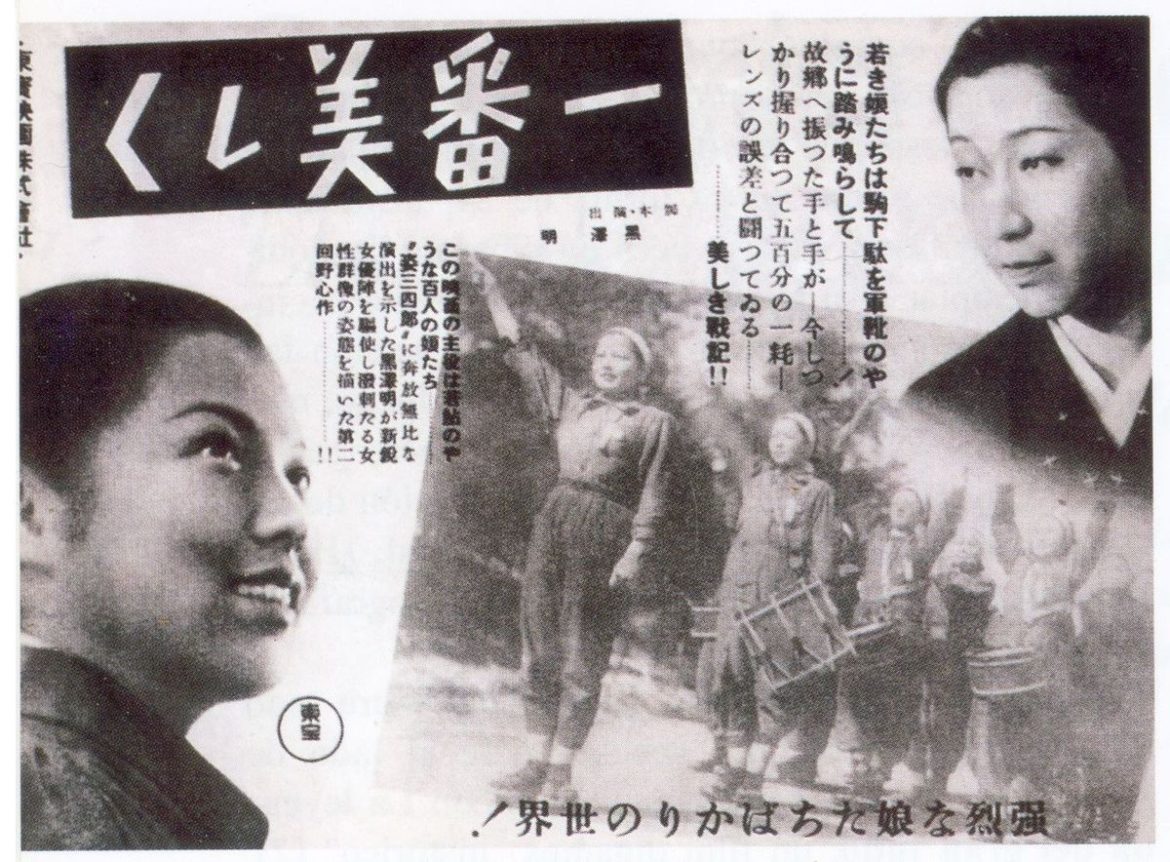A Month of Kurosawa: Stray Dog (1949)
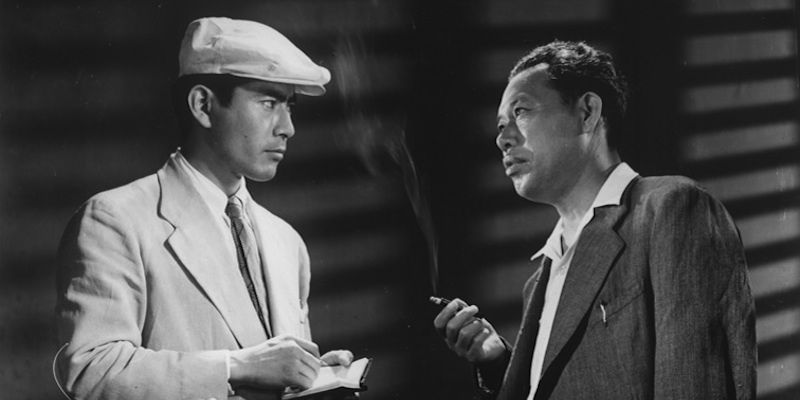
To celebrate the upcoming release of my book, Akira Kurosawa: A Viewer’s Guide, due out Dec. 15 from Rowman & Littlefield — preorder here! — I’ll be doing capsule reviews all month covering every single Kurosawa film and posting (very) brief excerpts. These will be short impressions and recommendations, nothing more. For a full, detailed analysis of each, grab the book! Stray Dog (1949) “Masterpiece” is probably a word that gets thrown around a little too easily, especially when discussing movies, but it’s hard not to use the word when discussing 1949’s Stray Dog, a gritty crime noir by Akira Kurosawa that peels back the curtain on postwar Japan’s underground crime scene and presents some stark moral questions in the process. Stray Dog once again…
Read more

